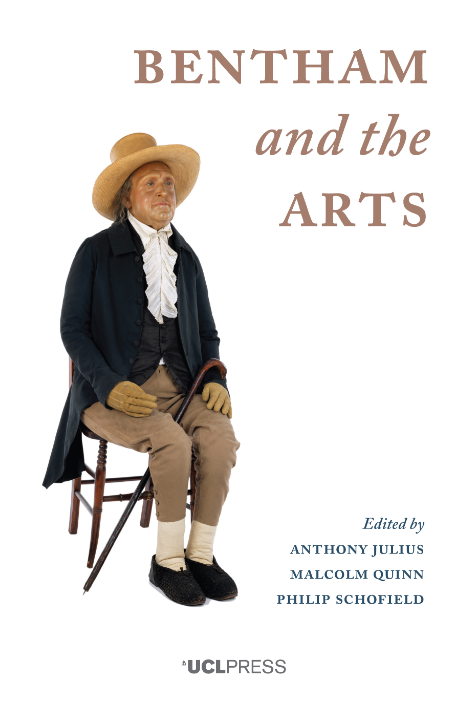Bentham and the Arts
Editorial: UCL Press
Licencia: Creative Commons (by-nc-nd)
Autor(es): Julius, Anthony; [et al.]
Bentham and the Arts considers the sceptical challenge presented by Bentham's hedonistic utilitarianism to the existence of the aesthetic, as represented in the oft-quoted statement that, ‘Prejudice apart, the game of push-pin is of equal value with the arts and sciences of music and poetry. If the game of push-pin furnish more pleasure, it is more valuable than either.' This statement is one part of a complex set of arguments on culture, taste, and utility that Bentham pursued over his lifetime, in which sensations of pleasure and pain were opposed to aesthetic sensibility. Leading scholars from a variety of disciplines reflect on the implications of Bentham's radical utilitarian approach for our understanding of the history and contemporary nature of art, literature, and aesthetics more generally.
Each contributor takes into account, from the perspective of their own discipline and expertise, the implications for their research area of the views contained in Bentham's Of Sexual Irregularities, and other writings on Sexual Morality (published in the authoritative edition of The Collected Works of Jeremy Bentham in 2014) and ‘Not Paul, but Jesus: Volume III' (published online by the Bentham Project in 2014). In these essays, Bentham puts forward the first philosophical defence of sexual liberty. In doing so, he questions the meaning of ‘taste' and hence the received understanding of aesthetics more generally.
The contributors, moreover, challenge two of the major commonplaces in literary and historical studies of the nineteenth century: first that literature and utilitarianism represented alternative and incompatible views of the world; and second that Bentham's utilitarianism was somehow emaciated in comparison with that of John Stuart Mill. The volume also includes new reflections on the auto-icon and the panopticon, the latter showing the utilitarian genealogy of a collaborative art and architecture project on the site of the Millbank Penitentiary.
[London: 2020]
Compartir:
Una vez que el usuario haya visto al menos un documento, este fragmento será visible.


